Why do wars happen?
Carl von Clausewitz once aptly noted that war is the continuation of politics by other means. To find out the causes of wars, hundreds of books and analytical researches have been written by well-known and not so well-known academicians and professors from all over the world.
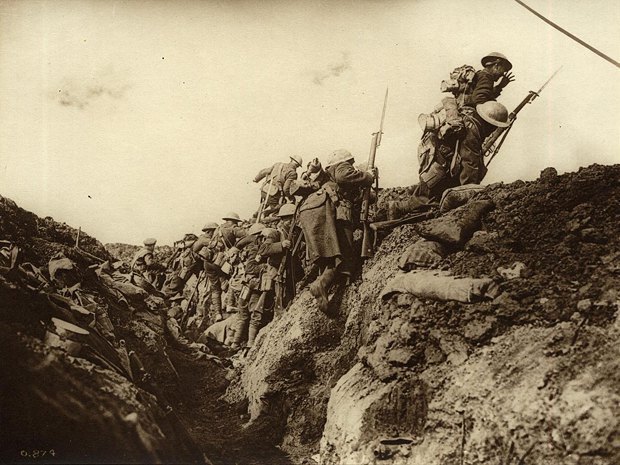
It is unlikely that the author of this article will say something new in this field, but at least he will be able to provide a generalized view of the causes of military conflicts.
Conventionally, these reasons can be divided into two large groups: pragmatic and ideological.
Pragmatic prerequisites are the struggle for resources in any form, e.g., for mammoth meat, a better cave, colonies, gold, new territories and living space, slaves, natural resources.
It is a struggle for everything on which human life and state activity are built.
Ideological reasons are an attempt to impose a world order on other states or the entire world through military actions, which corresponds with the “overvalued” ideas of the fuhrer of the aggressor state about what life should be like not only in one's own country, but also beyond its borders.
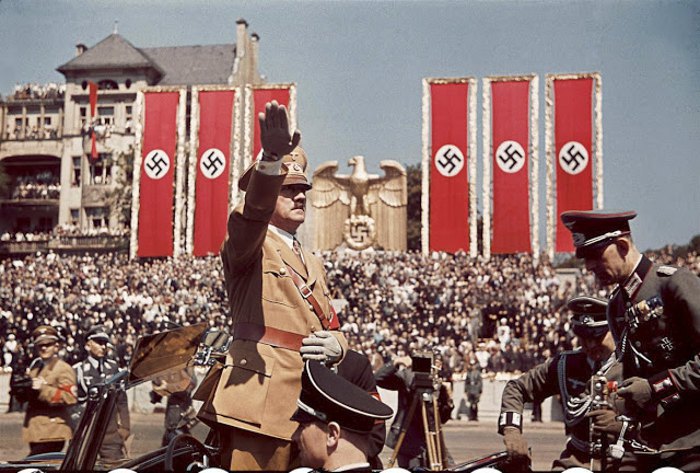
For example, it is the struggle for the worldwide domination of the Aryan race, the construction of communism throughout the world, or the embodiment of “Juche” ideas.
Practically every war arises as a result of the action of several causes and preconditions, where both pragmatic and ideological factors are combined.
How to prevent wars and make them impossible?
Humanity has repeatedly announced the onset of a peaceful golden age. Even in the early Middle Ages, when Christianity reigned in Central Europe, centuries without wars were announced. After all, Christian kings weren’t supposed to fight with each other.
At the end of the 19th century, technological progress conditioned the belief in a bright future for humanity without wars, diseases, revolutions and other social cataclysms.
At the beginning of the 21st century, everything came down to an irrevocable and seemingly axiomatic statement - what wars can be like in the civilized world.
Affected by the death of tens of millions of soldiers and civilians during the two world wars, humanity seemed to have received an effective vaccination against the contagion of militarism. This led to the emergence of many seemingly effective institutions aimed at preventing military conflicts.
First, international organizations were created - the League of Nations, and then the United Nations whose main purpose was to prevent wars. These organizations included almost all the countries of the world. It seemed that they were effective tools for countering aggressor states.
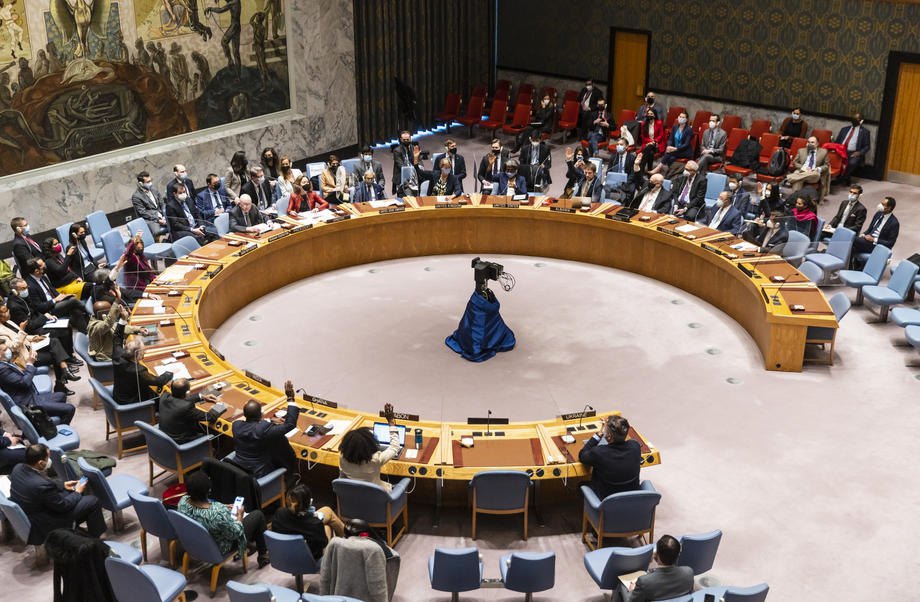
Second, in a large part of the countries of the world, democratic institutions were formed and became operational, the activities of which were aimed, among other things, at preventing aggressive armed conflicts.
Third, the world economy has become global, and countries are becoming more and more economically dependent on one other.
The war for resources seems to be a thing of the past, because it is always better to trade than to fight.
And, finally, about us. A large part of humanity received a powerful psychological trauma from the death of tens of millions of people during the two world wars. This, in turn, determined the mainstream aim of recent times: no big wars. Moreover, nuclear weapons have led to the fact that a major war between superpowers means the guaranteed destruction of humanity.
But in spite of all this, wars continue. Therefore, all these safeguarding factors either do not work at all or are not effective enough.
International organizations are too weak and have no right to use force against aggressor countries to maintain peace. Democratic institutions can support wars waged by their states in an absolutely democratic way in the first stages. Moral and ethical norms and rules are unable to prevent military aggression and war crimes.
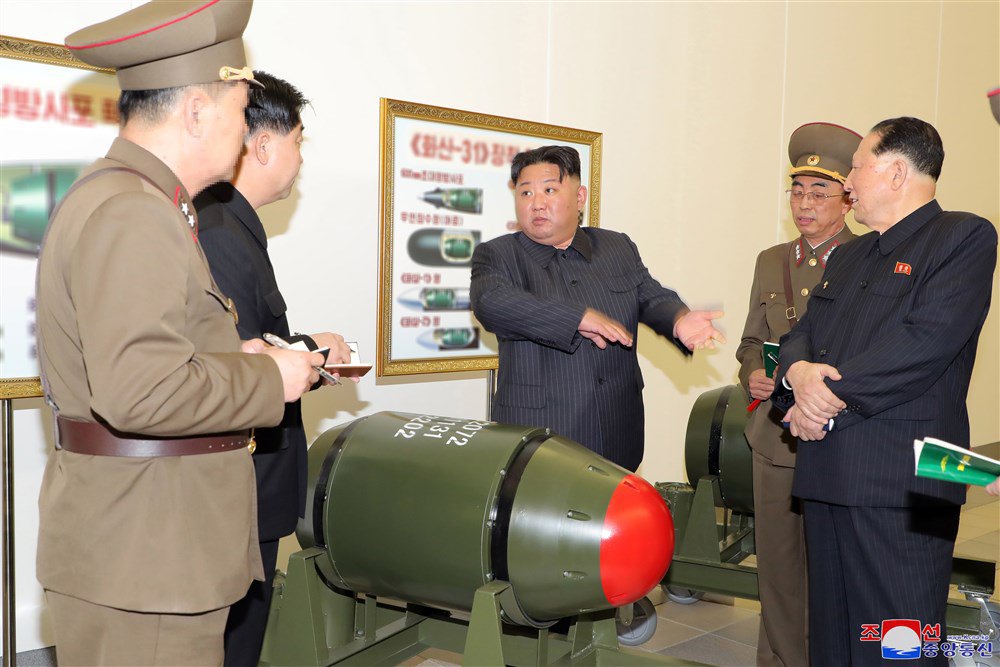
Well, what about the money?
At first glance, there is only one really effective fuse left to prevent wars - the global economy. After all, let's face it, fighting today means losing huge amounts of money not only due to possible international sanctions, but also due to the fact that global trade will simply "sag" during military operations.
It seems that this should deter the aggressor. But the wars still continue.
The “supervaluable” idea of a dictator as the reason for Russia's war against Ukraine
Hundreds of billions of dollars are at stake, and victory in a military conflict can never bring dividends as substantial as peacetime gains from global trade.
In fact, it is a matter of "supervaluable" ideas, which are, as a rule, the ruling ideology in authoritarian countries, where the dictator's power is masked by the existence of ostensibly "democratic" institutions. Everything is possible for the implementation of "supervaluable" ideas - to endure hunger and cold, to start aggressive wars, to lose the lives of millions of residents of one's own and foreign countries. Therefore, "supervaluable" ideas are precisely those that, according to their authors, require enormous sacrifices.
A classic example, apart from Iran and North Korea, is Russia. Colossal profits from the sale of oil and gas guaranteed this country a gradual but stable social development and increase in the welfare of the population.
But for Russian President Putin, this way was a way to nowhere. Much more attractive to him was the messianic way - the path of establishing "Russian" peace, the revival of Russia as the second superpower and the new-old world pole of power, the restoration of the Russian Federation within old Soviet borders.
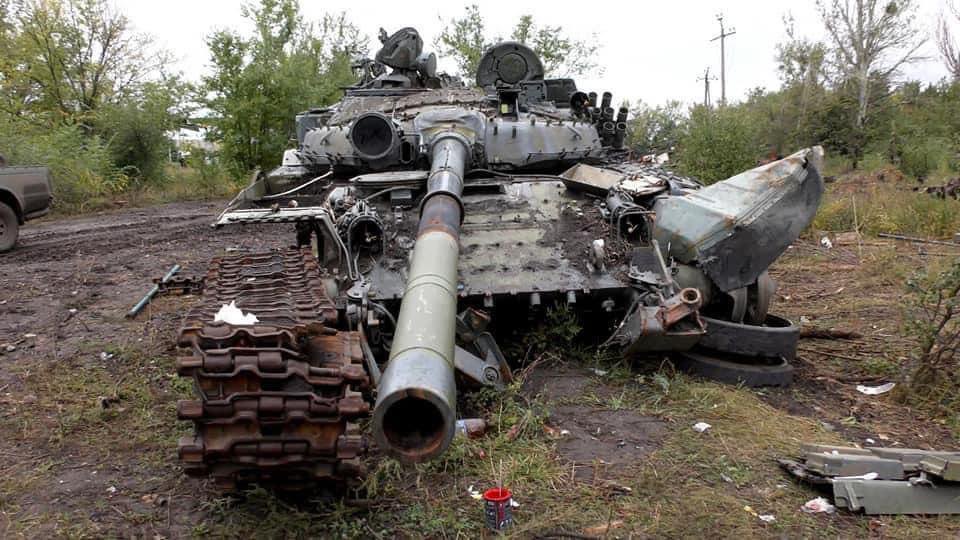
From the point of view of the implementation of his unhinged plans, Ukraine was especially attractive to Putin, a nation which, according to Kremlin ideologues, was only waiting for a small military push to fall into Russian imperial arms.
Therefore, no rational arguments against the dictator worked. He did not care how much the Russian economy would suffer as a result of international sanctions. How indifferent he is even today: how many human lives Russia will lose in order to conquer our country by force.
For Putin, these are just pre-planned damages and losses on the way to achieving a big goal.
It is hardly possible to predict the actions of dictators who are convinced that the desired goal is only one step away from them. ‘Rational’ arguments such as war is impossible because Russia has not yet formed strike groups to attack Ukraine, deployed a sufficient number of military hospitals, or set up logistics, which were heard on Ukrainian political talk shows on the eve of February 24, 2022, do not work here.
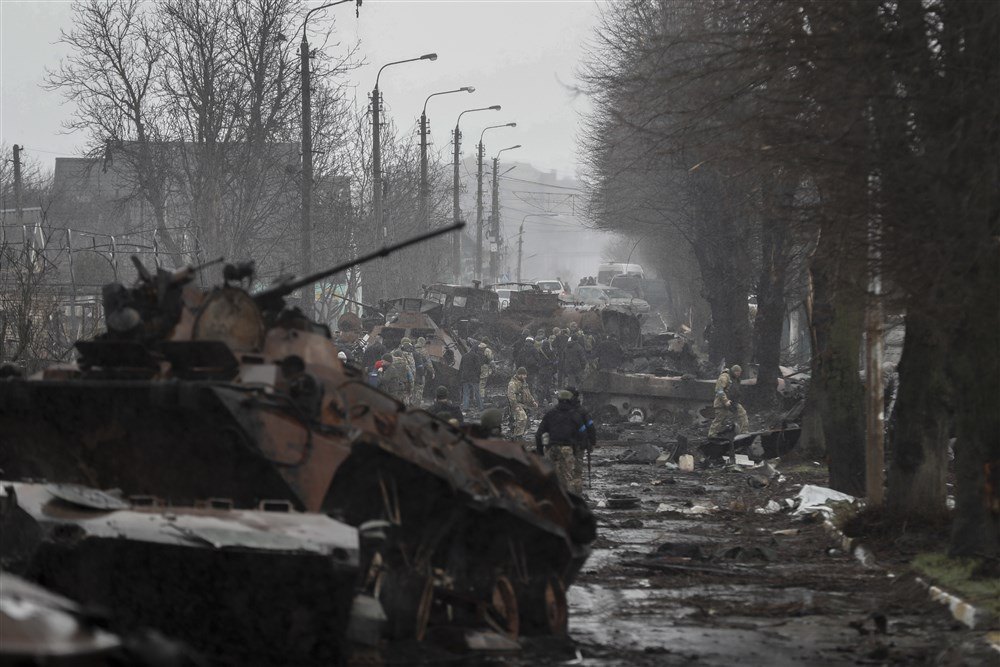
For Putin, something completely different was much more important: whether the Russian military personnel have a formal uniform, so that they march down Kyiv's Khreschatyk Square.
Much more important for Putin was the revival of the Russian empire during his lifetime.
***
The conclusions from this small military-political excursion are very simple. The military threat from Russia against our country will remain as long as the current Russian dictator Putin is alive, and as long as imperial Russia exists.
The aggressor-country and its people, especially the elites, are so affected by the virus of "Russian" peace that they cannot imagine the existence of their own country in any other way.
As long as the Russian state exists in its current form, there will remain a real military threat to the existence of Ukraine as an independent sovereign country.
There are at least two ways out of this situation.
The first is radical surgical: the Russian Federation must cease to exist as a single country and disintegrate into separate national entities that will exist as stable islands of peaceful democratic life and not pose a threat to other countries.
The second is therapeutic: after our victory over Russia, it will be necessary to launch large system programs like the denazification programs in post-war Germany. But it seems to me that this way would be less effective than the radical surgical option.
Well, let's do our own thing. It is good to fight, to work at the front, to establish a decent life, to create a modern military industry and to build a modern Ukrainian army.







